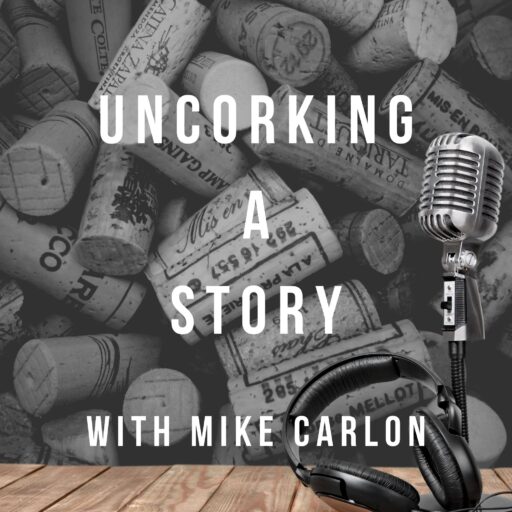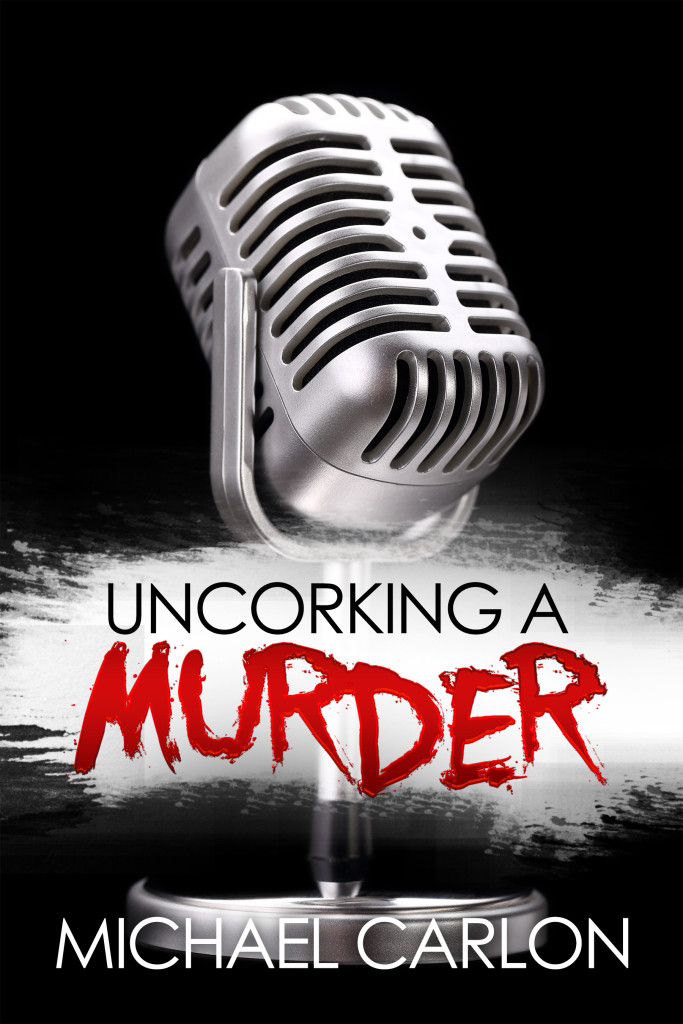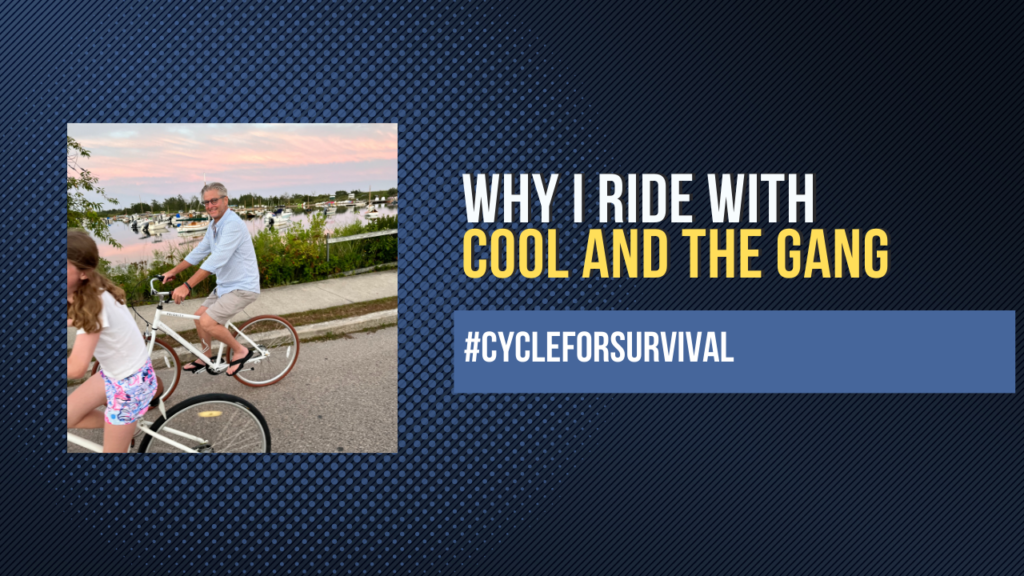I started my career in marketing research at an interactive marketing agency in Westport, CT known at the time as Modem Media. It was there I saw my first focus group and, upon doing so, I knew immediately that I wanted to be the person in the room asking questions rather than the person taking notes behind the glass. As such, I studied everything I could about moderating and facilitating techniques, I picked the brains of the moderators I would hire to run research for me, and I even self funded my own training at RIVA.
All of these steps were invaluable in my development as a moderator. Interestingly, though, none of the training I had, formal or informal, prepared me for how to deal with what I call “Club Member” respondents. Allow me to digress for a minute:
When I was a kid, my family would drive from Connecticut to Pompano Beach, Florida during our spring recess from school. The route was exactly 1,307 miles door to door. Along the way, the family would play three games to hold our attention:
- See who could spot the first billboard for South of the Border featuring the infamous (that’s more than famous) Pedro.
- See how long dad could drive without passing out. My mother learned early on that “Hooked on Classical Music 3” was not the best tape to play on long, straight, monotonous drives. Dad almost killed us three times one year via “Highway Hypnosis.”
- Count the number of “Club Members” we could spot along the way.
“What’s a club member?” you might ask. Well, let’s just say my father has a bit of a temper and when some one would cut us off on the highway or if someone was weaving in an out of their lane, he would call them a member of the “[Bleep] hole Club.” My mother, concerned for the well being of the two young sons in the back seat, would chastise my father for using such language. To appease her, he shortened his reference to bad drivers to the more simple, and innocent, “Club Member.” Every now and then a particularly bad driver was considered to be either the president of “The Club,” an executive director, or another type of member with distinction.
Seeing as this was the 80’s, I could not help but picture a meeting of “The Club” with all members dressed in Members Only jackets going up to each other and saying, “So you are a[Bleep] hole too. How long have you been a [Bleep] hole for?”
Those were the days.
Now I am all grown up and experience club members in different ways; certainly I run across a few “Club Members” in my own family car trips, but every now and then they wind up in a focus group I am running. These are not “dominators.” There are techniques for dealing with dominators. The “Club Member” of a focus group is typically a respondent on a completely different plane of reality. It is that person who does not follow simple instructions or who wants the group to be all about him or her – as if they are going to be “discovered” by the Hollywood agent behind the glass who has turned to marketing research as a new method for spotting talent.
Luckily, I only see “Club Members” in one out of every twenty projects or so as the true “Cub Member” is few and far between. One time, about three years ago, I was in a northeastern market conducting some focus groups on coffee. In walks a young man who I can only describe as a cross between officer John Baker from CHIPS (immortalized of course by Larry Wilcox) and Jeff Spicoli from Fast Times at Ridgemont High. “Officer Spicoli” comes in with mirrored shades, a large coffee, sits down, puts his feet on the table and proclaims, “I’m here dudes. Lets talk about coffee.”
I knew I was in for trouble. The natural instinct is to bump him from the group immediately, but he was one of two people who showed up for this group on a very stormy Philadelphia morning. Compounding the problem was that the other person in the session came with the aforementioned Spicoli. Fortunately, a few more people showed up but I was asked by my client to keep him in the group but to “manage him,” so we trudged on. The danger was that his attitude had the potential of shutting down the other members of the group who wanted to be a force for good in the conversation.
To mange this, I used humor to my advantage and took slight jabs at Spicoli during the session. Take for example the following exchange:
Mike: “I want each of you to take me back to the first time you ever had a sip of coffee. What drove you to coffee? What was that experience like.”
Spicoli: “I started drinking coffee when I was two.”
Mike (sarcastically): “Well, that certainly explains it.”
The truth is, this respondent knew he was a bit off and banter such as this disarmed him somewhat. Not only that, it loosened up other members of the group who were at first put off by his behavior. At the end of the day, the group turned out okay. That said, there is no doubt about it, Spicoli was certainly a card-carrying member of “The Club.”
In a project of one on one interviews, I met “Crazy Alice,” a corrections officer from Ohio. Apparently, Alice had been exposed to some pretty strange stuff in the prison where she worked because she had developed a conspiracy theory whereby there was a syndicate of Internet based organized criminals out there who were using Cyrillic Alphabets as a method of coding organized crime activities:
Mike: “Tell me about some of the reasons why you engage with social media services like Facebook.”
Alice: “I originally started hacking to combat cyber organized crime.”
Mike (Internally to myself): I don’t remember asking her about hacking, but lets see where this goes…
Alice: “Haven’t you ever received an email with a bunch of funny characters in the preview pane. Don’t open it, you will be linked to human trafficking.”
Mike (internally to myself): I wish some traffickers would storm into this room and take you away.
The whole time this interview was going on, I thought a client would come in to the room and stop the interview. No such luck. As I walked the respondent out to the reception area, I half expected her to be greeted by a team of psychiatric aides from Ohio Hospital for Psychiatry with the phrase, “Alice, you know you can’t leave the ward without supervision.”
That didn’t happen either. Crazy Alice was just another Club member I had to interview over the years.
As a moderator, my life is on the road so I come across “Club Members” outside of focus groups as well; airports in particular are a great place spot to them! The guy in front of you who argues with the TSA agent about having to remove his shoes, the gate agent who thinks your roller board bag won’t fit in the overhead bin even though after a million miles of flying you know it will, and the fellow passenger sitting next to you on the plane who wants to chit chat about “this, that, and the other” are just a few examples. By the way, I have developed a technique to prevent the latter. If I have a lot of work to do on a flight or just want to chill out, I develop a nervous tick the minute someone sits next to me on a plane. This usually prevents them from starting a conversation with me.
I have some other tips for dealing with “Club Members” in focus groups:
1. The first step is always prevention. Always ask the person at the front desk of a facility who is responsible for checking in respondents whether or not anyone seems off. Pay and send that person if you have over recruited for the session and have the ability to do so.
2. If someone starts showing the symptoms of being a “Club Member,” use body language to your advantage; don’t look in their general direction, don’t make eye contact, etc. If they start rambling, provide a gentle verbal warning such as, “thank you for that comment, but I need to hear from some others in the group” and then invite others to chime in. Sometimes calling them out on their own behavior is enough to get them to stop.
3. If the respondent in question continues to act up/be disruptive, ask them to leave the session. While this can be somewhat uncomfortable for the remaining respondents, there is little fear of “survivors guilt” coming into play. If the respondent was truly disruptive, than the group will be relieved that the offender is gone.
I have come to realize that “Club Members” are a fact of life. I wish that one of the pharmaceutical companies I do work for could invest some of their resources to develop a pill, an injection, or even a mist as an antidote (or better yet an immunization) for whatever microbe causes one to become a “Club Member.” I would be happy to run that project pro-bono.
If you have any “Club Member” stories that you would like to share, please do so below!



Mike, you need to write a book. Also, I wish I had your dad’s linguistic restraint behind the wheel…my children are essentially driven around by a character from a Quentin Tarantino movie.
I have written a book, two actually, just cant find a publisher.